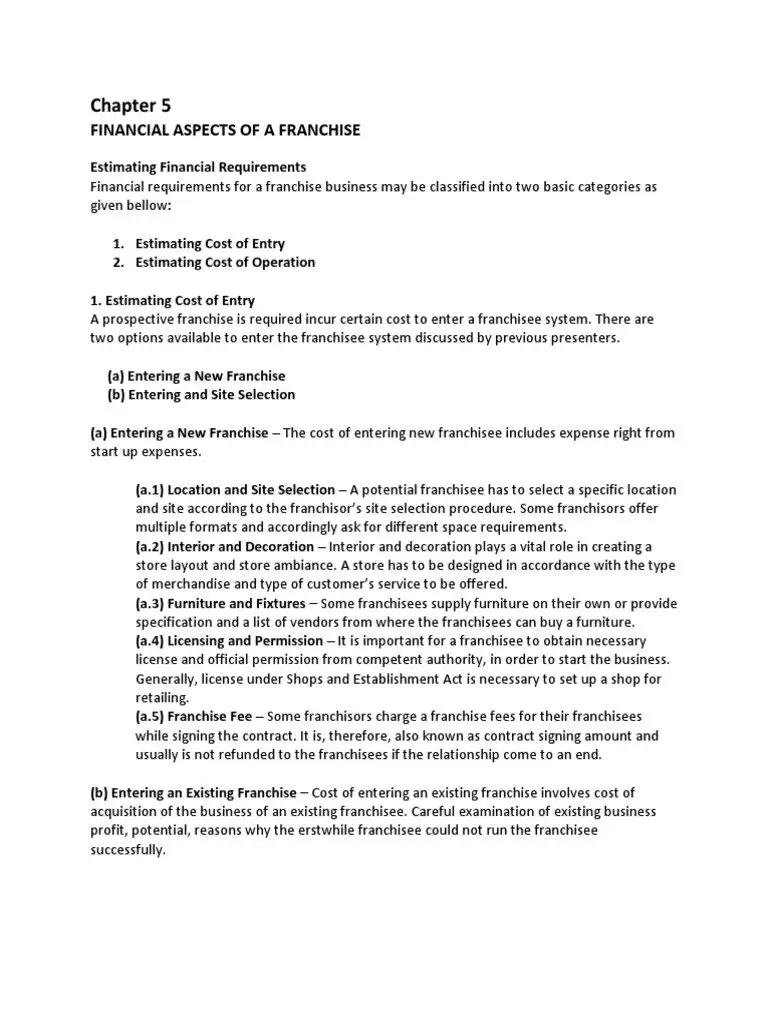Refinancing your student loans can be a game-changer. Wondering why you should consider it? Well, here’s the deal: refinancing allows you to save money, simplify your financial life, and even pay off your loans faster. Imagine having more money in your pocket each month, a clearer path towards financial freedom, and the ability to tackle other financial goals. Sounds enticing, doesn’t it? Let’s dive into the details and explore why you should consider refinancing your student loans.
Why You Should Consider Refinancing Your Student Loans
Student loans have become a reality for millions of individuals pursuing higher education. While these loans can provide the necessary financial support, they often come with high interest rates and inflexible repayment terms. If you find yourself burdened by student loan debt, considering refinancing could be a smart financial move. Refinancing your student loans can potentially help you save money, reduce your monthly payments, and simplify your repayment plan. In this article, we will explore the various reasons why refinancing your student loans is worth considering.
1. Lower Interest Rates and Potential Savings
One of the primary reasons to refinance your student loans is to secure a lower interest rate. When you initially took out your loans, you may have been charged a higher interest rate due to factors like your credit score or financial history. However, as you progress in your career and build a positive credit profile, you may now qualify for lower interest rates.
By refinancing your student loans, you could unlock the possibility of significant savings over the life of your loan. Even a 1% reduction in interest rate can result in substantial savings. Lower interest rates mean more of your monthly payment goes towards paying down the principal amount, allowing you to become debt-free faster.
2. Consolidation and Simplified Repayment
Managing multiple student loans with different interest rates and due dates can be overwhelming. Refinancing presents an opportunity to consolidate all your loans into one, simplifying your repayment process. With a single loan, you’ll only have one monthly payment to remember, reducing the chances of missing payments or incurring late fees.
Moreover, refinancing allows you to choose new repayment terms that better suit your financial situation. You can opt for a longer repayment period to lower your monthly payments or a shorter period to repay your debt faster. The flexibility offered by refinancing empowers you to design a repayment plan that aligns with your goals and financial capabilities.
3. Improved Cash Flow and Reduced Monthly Payments
Refinancing can significantly improve your monthly cash flow by reducing your student loan payments. With lower interest rates and the ability to extend your repayment period, you can achieve substantial savings each month.
Reducing your monthly payments can free up extra money that you can use to pursue other financial goals. You could channel those funds towards building an emergency fund, investing, or saving for a down payment on a home. By refinancing, you gain greater control over your finances and increase your disposable income.
4. Enhanced Credit Score
Paying off your student loans consistently and responsibly through refinancing can have a positive impact on your credit score. When you refinance, your previous loan balances are paid off and replaced with a new loan. As you make on-time payments on this new loan, your credit score will gradually improve.
A higher credit score opens doors to better financial opportunities in the future. It can help you secure lower interest rates on other loans, such as mortgages or car loans, and improve your overall financial well-being. Refinancing your student loans is a practical step towards building a strong credit profile.
5. Options to Release a Co-Signer
Many students initially require a co-signer to secure their student loans, especially when they have limited credit history or income. However, once you have established yourself financially, refinancing your student loans can provide the opportunity to release your co-signer.
Releasing a co-signer can be beneficial for both parties involved. It relieves your co-signer from their responsibility and potential financial risk, while you gain greater independence and control over your loan. By refinancing, you can stand on your own feet and take full ownership of your student loan debt.
6. Access to Additional Benefits and Services
When you refinance your student loans, you may also gain access to additional benefits and services offered by the new lender. These perks vary from lender to lender but can include options like:
- Interest rate discounts for making automatic payments
- Payment deferment or forbearance in times of financial hardship
- Opportunities to earn cashback or rewards for meeting certain milestones
- Career counseling or job placement services
Exploring these added benefits can provide even more value beyond just refinancing your loan. Take the time to research and compare different lenders to find the one that offers the most advantageous perks for your specific needs.
Refinancing your student loans can be a strategic financial move that offers various benefits. From potential savings through lower interest rates to simplified repayment plans and improved credit scores, the advantages are numerous. Additionally, refinancing can provide you with the flexibility to release a co-signer and access additional perks and services.
Before refinancing, it’s essential to thoroughly research and compare lenders, reviewing their interest rates, terms, and additional benefits. Evaluate your financial situation and goals to determine if refinancing is the right option for you. By taking control of your student loan debt, you can pave the way to a healthier financial future.
Pros and Cons of Refinancing Student Loans
Frequently Asked Questions
Frequently Asked Questions (FAQs)
1. Is refinancing my student loans a good idea?
Refinancing your student loans can be a smart decision if you want to potentially lower your interest rate, simplify repayment, or change your loan terms to better suit your financial situation.
2. How can refinancing help me save money?
Refinancing allows you to secure a new loan with a lower interest rate, which can significantly reduce your monthly payments and save you money over the life of the loan.
3. Can I refinance both federal and private student loans?
Yes, you can refinance both federal and private student loans. However, keep in mind that refinancing federal loans may cause you to lose certain borrower benefits, such as income-driven repayment plans or loan forgiveness options.
4. What are the requirements for refinancing student loans?
The specific requirements for refinancing student loans can vary depending on the lender. Generally, lenders consider factors such as your credit score, income, employment history, and debt-to-income ratio when evaluating your application.
5. Will refinancing extend the repayment period of my student loans?
Refinancing allows you to choose new loan terms, including the repayment period. While it is possible to extend the repayment period to lower your monthly payments, it’s important to consider the long-term cost as you may end up paying more in interest over time.
6. Can I refinance my student loans multiple times?
Yes, you can refinance your student loans multiple times, as long as you meet the eligibility criteria set by the lenders. However, it’s essential to carefully assess the benefits and costs associated with each refinancing opportunity.
7. Are there any fees or costs involved in refinancing?
Some lenders may charge origination fees or other costs associated with refinancing student loans. It’s important to review and compare the fee structures of different lenders to ensure you understand the potential expenses involved.
8. Will refinancing my student loans affect my credit score?
Refinancing itself should not have a significant impact on your credit score. However, when you apply for refinancing, the lender may perform a hard credit inquiry, which can temporarily lower your score. It’s important to limit the number of applications and choose the best refinancing option for your financial situation.
Final Thoughts
Refinancing your student loans can be a smart move. It allows you to potentially lower your interest rate, reduce monthly payments, and save money in the long run. By consolidating your loans with a new lender, you can simplify your repayment process and gain more control over your finances. Refinancing also gives you the chance to improve your credit score and build a solid financial foundation. If you want to take control of your student loan debt and save money in the process, considering refinancing your student loans is a wise decision. It offers you a great opportunity to manage your loans more effectively and achieve your financial goals.



